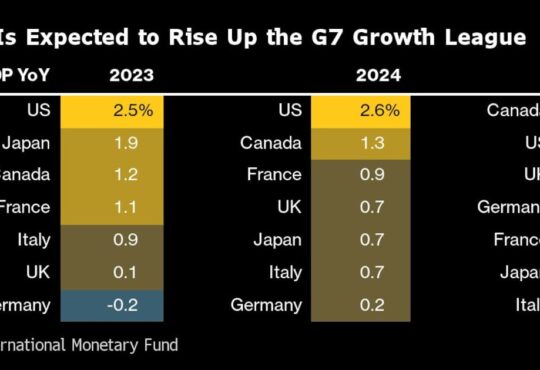
By Virginia Furness and William Schomberg
LONDON (Reuters) – Britain’s new government took a first step on Tuesday to boost public and private investment and modernise the economy, placing a National Wealth Fund atop the existing state-owned agencies and freeing up money for immediate use.
Prime Minister Keir Starmer and his finance minister Rachel Reeves hope to attract tens of billions of pounds of private capital into new and growing industries to help speed up the economy and meet the challenge of net zero.
“Britain is open for business – and the work of change has begun,” Reeves said as she announced the new structure of the state entities charged with increasing investment, a day after announcing plans to boost house-building and remove barriers to new infrastructure.
The government plans to allocate an additional 7.3 billion pounds ($9.35 billion) of public money via the existing UK Infrastructure Bank so investments can start immediately. It hopes to attract three times as much from private capital to invest in areas such as ports, hydrogen, automotives and steel.
The British Business Bank will also be aligned with the new fund.
Britain is likely to need between 50 billion and 60 billion pounds of additional annual investment to meet its net zero targets.
Starmer – who led Labour to a landslide victory in last week’s parliamentary election – has sought to dispel the party’s “tax and spend” image and has courted private investors.
Business investment in the country has been weak since the 2016 Brexit vote which triggered years of political instability and much of the country lags behind London in terms of productivity.
How the new fund will be run, managed and deploy capital over the longer term will be decided in the coming months as the government works through the recommendations of advisors.
Clarifying the role of each of the government’s development institutions was also critical for investors, Rhian-Mari Thomas, CEO of the Green Finance Institute who led the advisors, said.
“There is there is real friction cost to trying to navigate a very fragmented and complex investor landscape,” she said. “I think we’ve got a fantastic opportunity here to look at how we put all of this under a single umbrella.”
Academics at the London School of Economics have previously warned of the risk that NWF’s work overlaps with that of existing state investment bodies. Labour also plans to create Great British Energy, a new state power firm.
The government will bring forward new legislation to cement the fund in statute, making it a permanent institution, the finance ministry said.
($1 = 0.7811 pounds)
(Reporting by Sachin Ravikumar and Virginia Furness, Editing by William Schomberg, Christina Fincher and Angus MacSwan)






